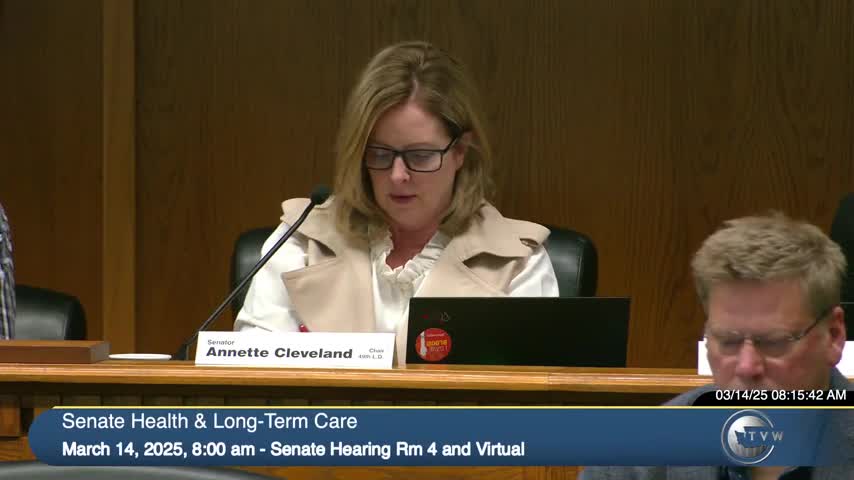Article not found
This article is no longer available. But don't worry—we've gathered other articles that discuss the same topic.
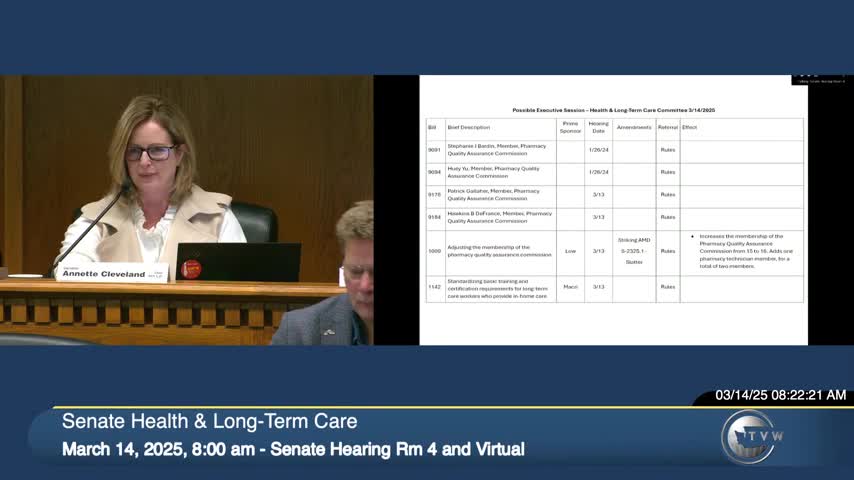
Committee advances gubernatorial appointments and sends three health-related bills to rules with recommendations
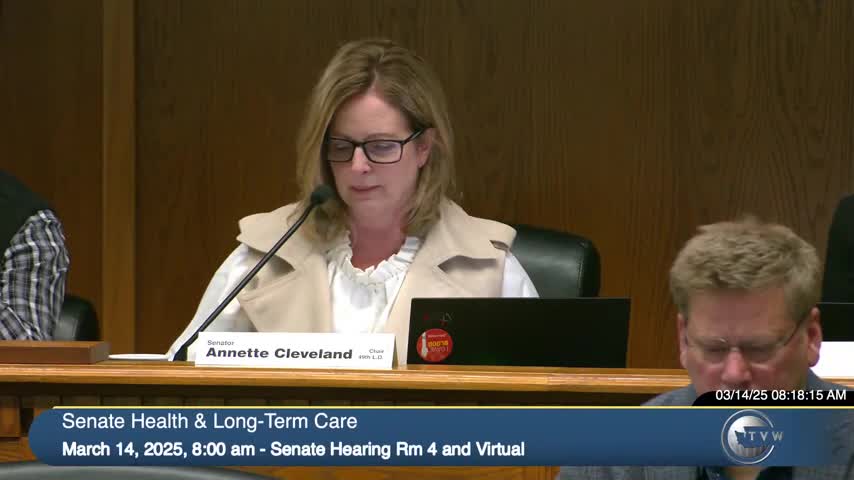
Committee hears bill to broaden eligibility for social work advisory committee seat, clarify association-service limits
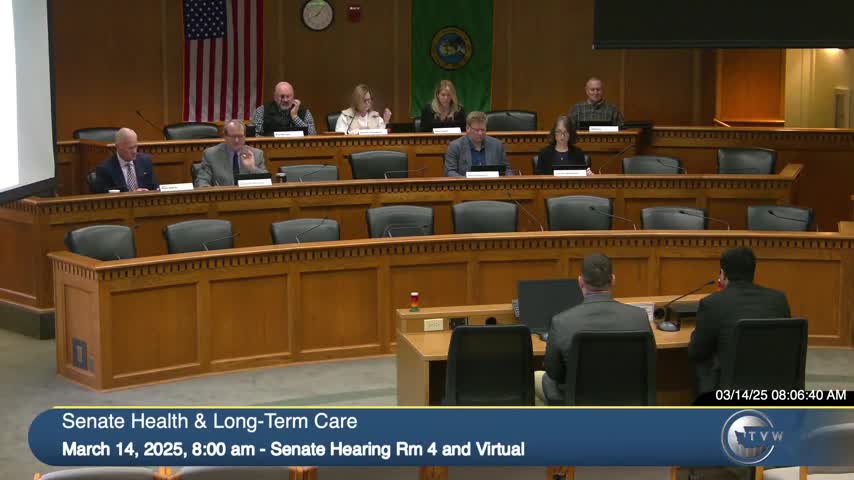
Committee hears bill expanding HEALWA access to psychological and counselor associates
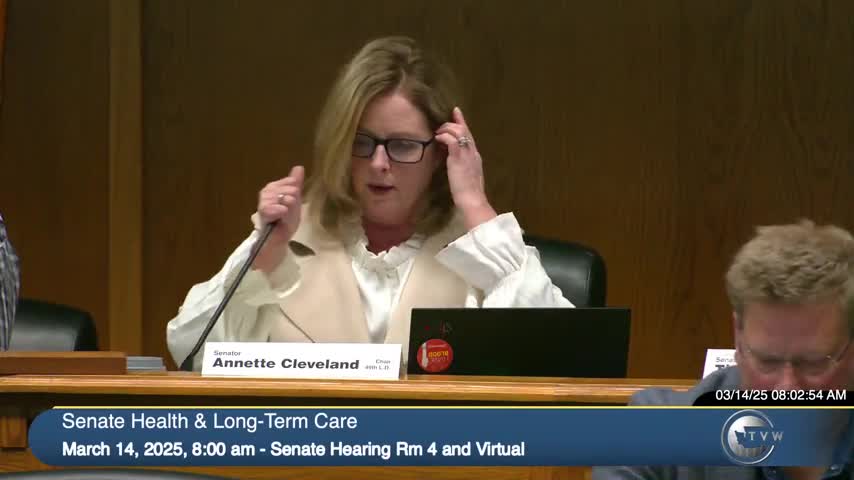
Senate committee hears bill to let behavioral health counselors share patient information for care coordination
